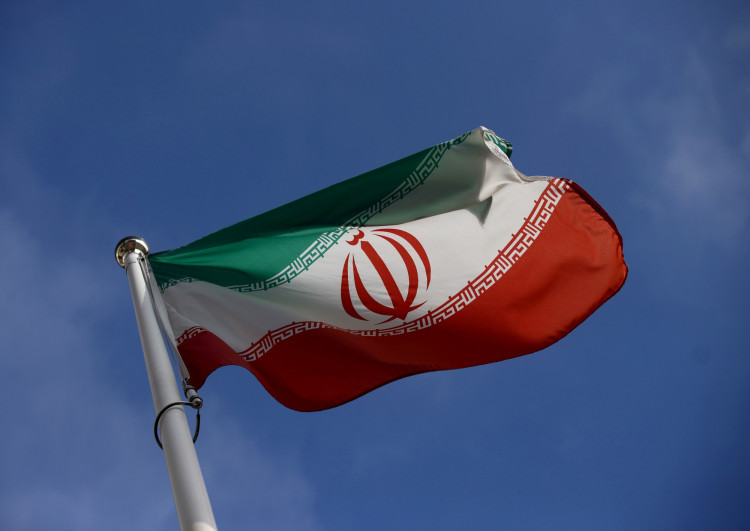In a strong reaffirmation of its nuclear stance, Iran's Foreign Ministry reiterated this week that while it rejects developing nuclear weapons, the country is prepared to defend itself "by all means" amid escalating tensions with Israel and the United States. The statement by Foreign Ministry spokesperson Esmail Baghaei underscores Iran's official stance of upholding its nuclear program solely for peaceful purposes. But with regional tensions mounting, Tehran appears intent on signaling its willingness to use all available resources for self-defense.
"The official stance of Iran in rejecting weapons of mass destruction and regarding the peaceful nature of the Islamic Republic of Iran's nuclear program is clear," Baghaei emphasized during a press conference, as reported by Iran International. However, he warned that Iran is prepared to fortify its defenses to ensure its security. "As emphasized by the Supreme Leader, we will equip ourselves to the extent necessary for the defense of Iran," he added.
This rhetoric echoes recent remarks from Iran's Supreme Leader, Ayatollah Ali Khamenei, who recently called for "a tooth-breaking response" to what Iran views as provocations by Israel and the United States. Khamenei's advisor, Kamal Kharrazi, echoed these sentiments, hinting at a possible shift in nuclear policy if an "existential threat" were to arise. "We have the capability to build weapons and have no issue in this regard," Kharrazi stated, pointing to Khamenei's fatwa-a religious decree issued in the 1990s prohibiting nuclear arms-as the only barrier to such development.
The increasing rhetoric comes amid heightened conflict between Israel and Iran. Last month, Israel reportedly launched airstrikes on Iranian missile and defense facilities, allegedly killing several Iranian soldiers. Iran responded by accusing Israel of waging a covert campaign to destabilize the country and warned of severe retaliation. Baghaei's comments signal Tehran's growing willingness to bolster its military readiness in response to perceived aggressions.
Tensions have also escalated due to Israel's recent actions in Syria and what Tehran describes as U.S. complicity in Israeli attacks. Israel, for its part, has expressed concerns over Iran's support of militant groups in Lebanon and Gaza. Both nations appear to be engaged in an ongoing shadow war, with each accusing the other of destabilizing regional security. In a statement marking Iran's "National Day of Countering Global Arrogance," Tehran blamed the U.S. for backing what it called "Israeli rogue behavior," accusing Washington of supporting Israel's airstrikes and imposing "inhuman sanctions" on Iran.
Iranian President Masoud Pezeshkian recently highlighted the economic impact of these tensions, which have led to unprecedented inflation and a rapidly devaluing rial. Addressing the Iranian people, Pezeshkian called the current situation "an all-out economic war" and warned that the real threat to Iran may lie in economic pressures rather than military confrontation alone. "What can bring us to our knees are economic problems, and our enemies are pursuing this goal, but we must not be defeated," Pezeshkian stated.
Despite Iran's continued insistence on its anti-nuclear stance, Western analysts have raised concerns over Tehran's expanding missile program, which many view as a regional deterrent aimed at dissuading Israel and the United States from further provocations. Baghaei emphasized that these weapons serve as a warning rather than a provocation. "We developed missiles so that, like Gaza, Israel cannot bomb anywhere, anyone, at any time it wishes," he said.




